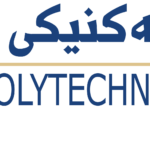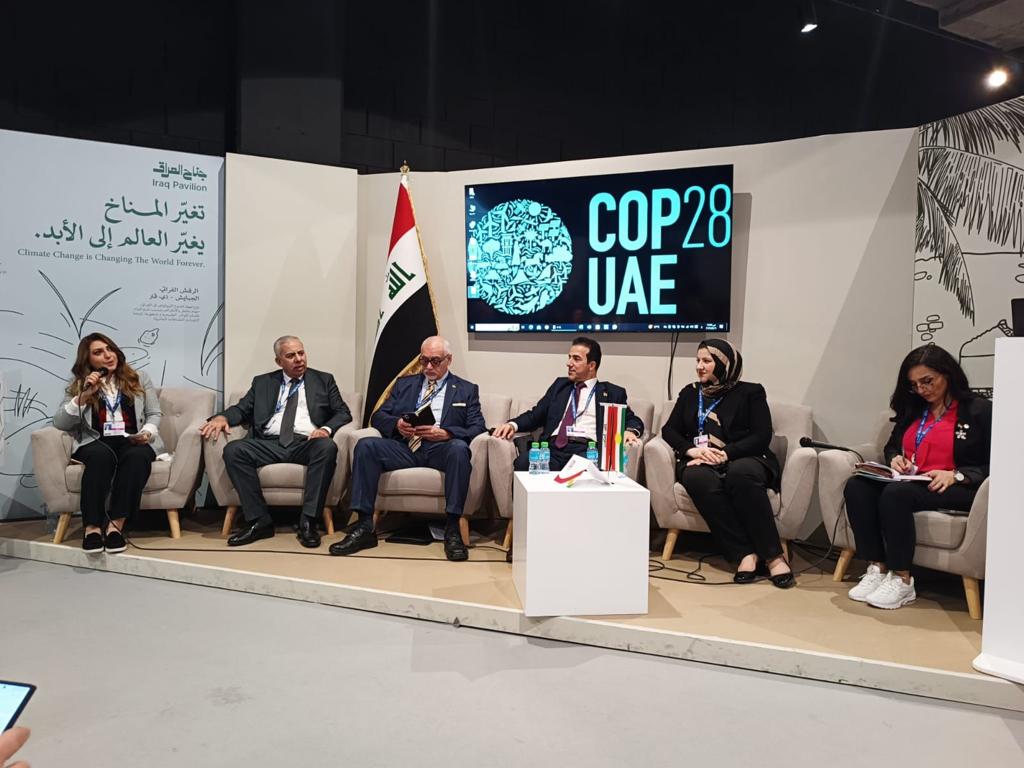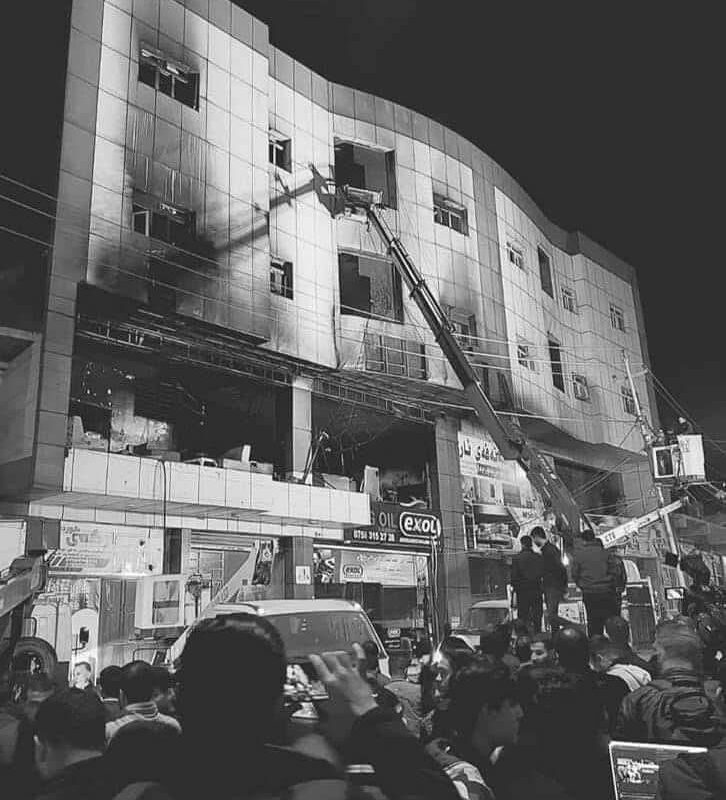- salwan neamat hanna
- salwan.hanna@epu.edu.iq
- 0750 424 5122
- اطروحة دكتوراه د. سلوان نعمت حنا
-
المستخلص
تهدف الدراسة الى تحديد دور التبني الالزامي لمعايير (IFRSs-IASs) في عملية تدقيق الحسابات وانعكاسه في ممارسات التدقيق غير المنتظم، نتيجة قيام مراقبـي الحسابات العاملين في إقليم كوردستان / العراق بتبني ممارسات التدقيق غير المنتظم استجابةً للضغوط التي يتعرضون لها عند التعامل مع وتطبيق تلك المعايير، فضلاً عن الضغوط التي قد تفرضها على عملية تدقيق الحسابات بشكل عام من جانب تعقيد مهمة التدقيق، واتساع نطاق عملية التدقيق، وضغوط وقت عملية التدقيق، واتعاب التدقيق التي قد تؤدي بمراقبـي الحسابات الى الانخراط في ممارسات التدقيق غير المنتظم.
وتمت تغطية الدراسة من خلال الاطار الميداني، اذ تم استقصاء آراء الاكاديميين المختصين ومراقبـي الحسابات في اقليم كوردستان / العراق حول موضوع الدراسة، وتم اختيار مجموعة من الاكاديميين المختصين (الاساتذة الجامعيين)، ومراقبـي الحسابات كعينة للدراسة والذين بلغ عددهم (168) فرداً، وتم توزيع استمارات الاستبانة عليهم، ومن ثم تم تحليل النتائج باستخدام برنامج الحزمة الاحصائية للعلوم الاجتماعية (SPSS).
وتوصلت الدراسة الى مجموعة من الاستنتاجات أهمها، ان معايير (IFRSs-IASs) تتميز بطبيعتها المعقدة التي تتطلب وجود إمكانيات وقدرات عالية لتفسيرها وتطبيقها، كما وان الزام الوحدات الاقتصادية في الإقليم بتبنيها يخلق ضغوطاً على عملية تدقيق الحسابات، ويجعل مراقبـي الحسابات ان ينخرطوا بممارسات التدقيق غير المنتظم، التي تؤثر بشكل سلبي في جودة الأداء المهني، وجودة العملية التدقيقية، وسمعة مهنة تدقيق الحسابات في الاقليم.
وعليه أوصى الباحث دراسة وتحليل تجارب الدول المتقدمة التي اتخذت خطوات جادة ونجحت في التحول الى تطبيق معايير (IFRSs-IASs) بشكل سليم، الى جانب قيام المنظمات المهنية في الاقليم بإعادة تهيئة البيئة المحاسبية والتدقيقية لتتوافق مع استخدام أساس المبادئ في صياغة المعايير، سواء أكانت من حيث الثقافة المحاسبية، التعليم المحاسبي، توجيه مراقبـي الحسابات، البيئة الرقابية، ممارسة الاحكام المهنية، وغيرها من العوامل الحاكمة لتطبيق هذا النوع من المعايير، فضلاً عن تعزيز سمعة مهنة تدقيق الحسابات في الاقليم من خلال فرض عقوبات وغرامات على مراقبـي الحسابات الذين يثبت بانهم يمارسون سلوكيات مختلة وممارسات غير منتظمة، ولا يلتزمون بأخلاقيات المهنة، ويخرجون عن السلوك والأداء المهني السليم عند أداء مهام التدقيق.
- Erbil Technical Administrative College
- Accounting Techniques
- Financial Accounting
- Chiman Haydar Salh
- chiman.salh@epu.edu.iq
- 0750 479 4161
- Disertation new1
-
Breast Cancer (BC) is a prevalent and potentially life-threatening disease affecting women worldwide. The timely and precise identification of ailments is essential in enhancing patient outcomes and rates of survival. Deep learning models have emerged as powerful tools for medical image analysis that potentially aiding in automatic BC detection. Several studies have been done in this area, and many gaps should be considered in the survey. As there are no datasets related to the Kurdistan Region of Iraq (KRI) hospitals categorizing images based on breast cancer cases, much of the writing on this topic has focused on classification accuracy without addressing reliability until now. This dissertation intends to develop a model based on machine learning that can be used to detect BC.
In order to be able to swiftly and cost-effectively identify potential cases of breast cancer. In this dissertation, very robust approaches for detecting breast cancer, particularly mastectomy and Wide Local Excision (WLE) were developed. BC datasets have been constructed, including magnetic resonance imaging (MRI) (DCE-MRI) stands for dynamic contrast-enhanced magnetic resonance imaging and mammography.
This dissertation intends to develop a model based on deep learning that can be used to detect breast cancer. It presents three main methods which can be categorized as follows:
This novel approach aims to classify breast cancer MRI images through a three-stage process: segmentation and feature extraction using five techniques it is (Scale-Invariant Feature Transform (Sift), Histogram of Oriented Gradients (HOG), Edge-Oriented Histogram (EOH), Local Binary Patterns (LBP), and Bag of Words (BoW) ), and classification using six algorithms it is (K-Nearest Neighbors (KNN), Artificial Neural Network (ANN), Support Vector Machine
(SVM), AdaBoost, Decision Tree (DT), and Random Forest(RF) ). The method demonstrated promising results, with 91.9% accuracy for images from Rizgary Hospital - Erbil and Hiwa Hospital - Sulaymaniyah, 97% accuracy on the ACRIN dataset, and 92.3% accuracy for breast cancer MRI images, highlighting its effectiveness in BC diagnosis via MRI imaging.
The second models, which are convolutional neural network (CNN), ResNet152V2, and Mask Region-based Convolutional Neural Network (Mask R-CNN), have been used to develop a cancer mammography image classification and recognition model from authentic images with less training time and computation cost but high accuracy and recall which would be the target of the experiments. It has been concluded that ResNet152V2 achieved a higher accuracy of 100% in recognition of the type of breast density and normal or abnormal images. A modified CNN has been used to determine whether the mammogram image is left or right. This model used Mask RCNN to differentiate between malignant and benign tumors and find the tumor size.
The third model uses different deep-learning approaches to increase the deeper features in breast cancer MRI and DCE_MRI images. This model has EfficientNetV2L, Mask R-CNN, Detectron2, and Detectron2 with Faster RCNN. In this model, we used Yolov7 instead of Mask RCNN. Has been concluded that Mask R-CNN achieved higher accuracy in recognition by more than 10% than YoloV7. This dissertation has been extended to the automatic detection of breast cancer for mastectomy or WLE using different deep-learning models.
In conclusion, incorporating deep learning models into breast cancer diagnostics yields promising outcomes in accuracy and efficiency. These models can potentially be helpful tools for radiologists and pathologists in detecting and classifying breast cancer.
- Erbil Technical Engineering College
- Information Systems Engineering
- Machine Learning
Dr. Shara Kamal, a lecturer at Erbil College of Technology of our university participated in the United Nations Climate Change Conference -2023 in Dubai, UAE.
Dr. Shara Kamal and the Kurdistan Regional Government delegation On the sidelines of the conference, he participated in a workshop on green energy investment in the Kurdistan Region in Dubai, UAE.
Members of the Kurdistan Regional Government delegation presented their reports and opinions on the issue.
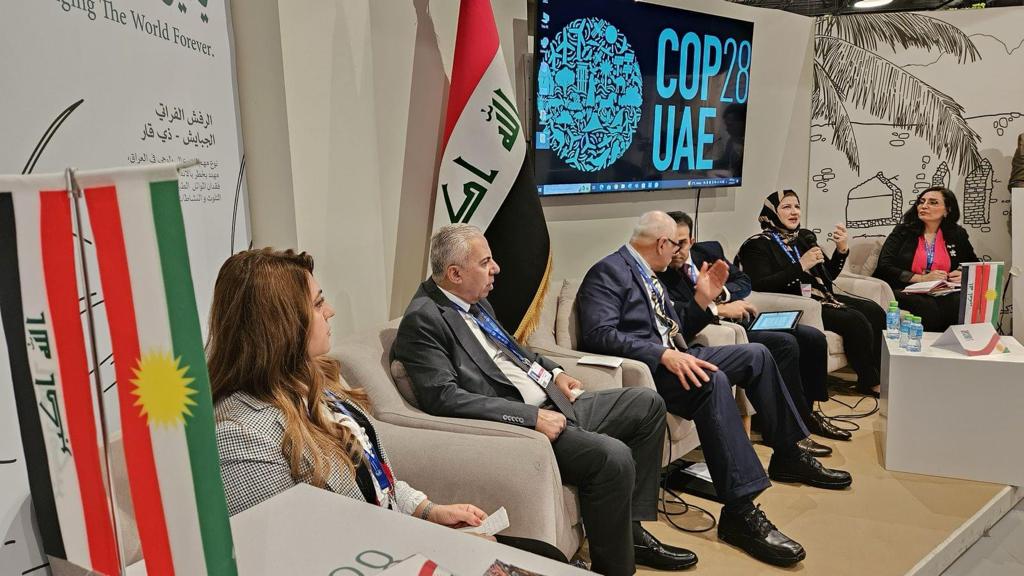
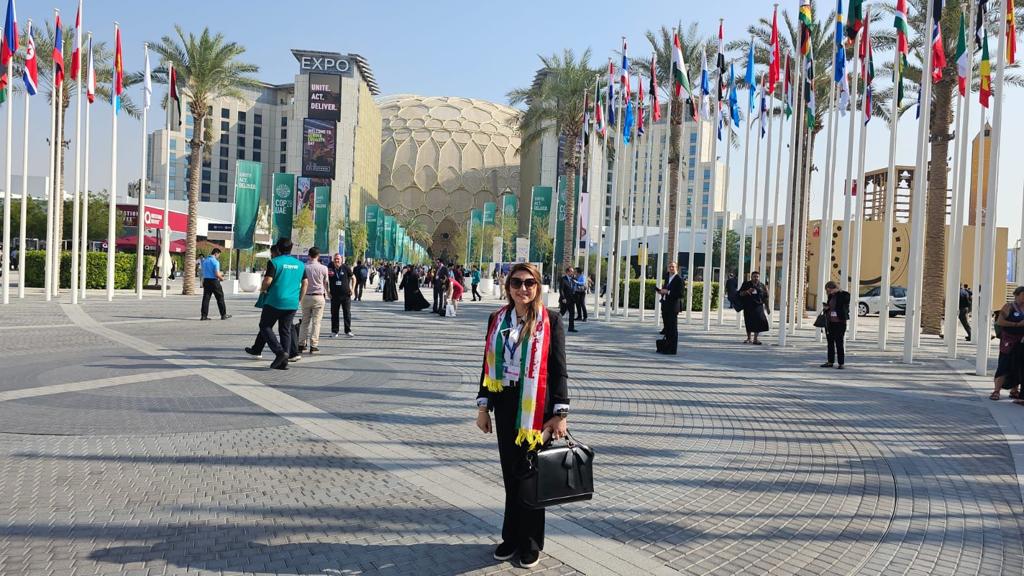
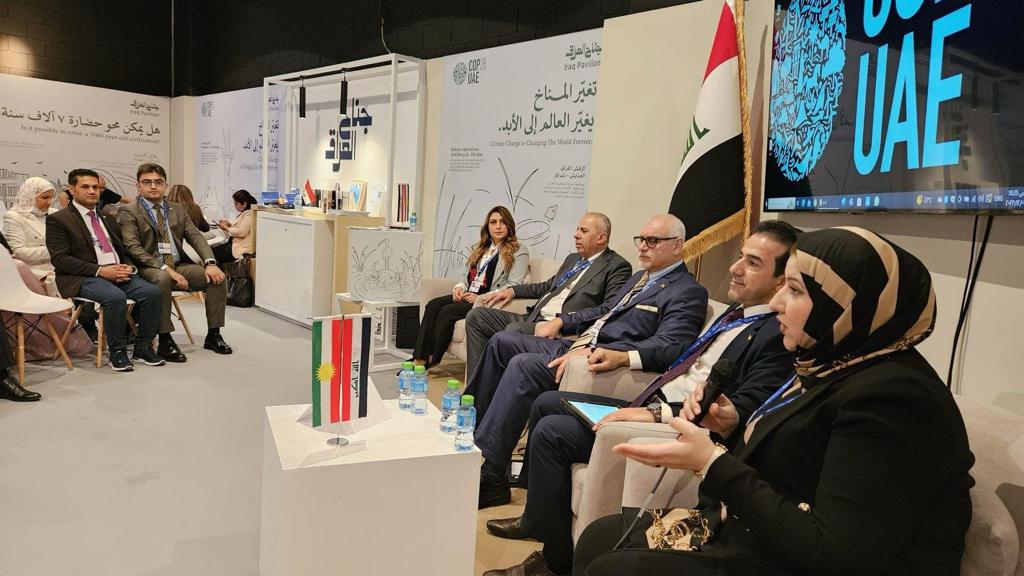
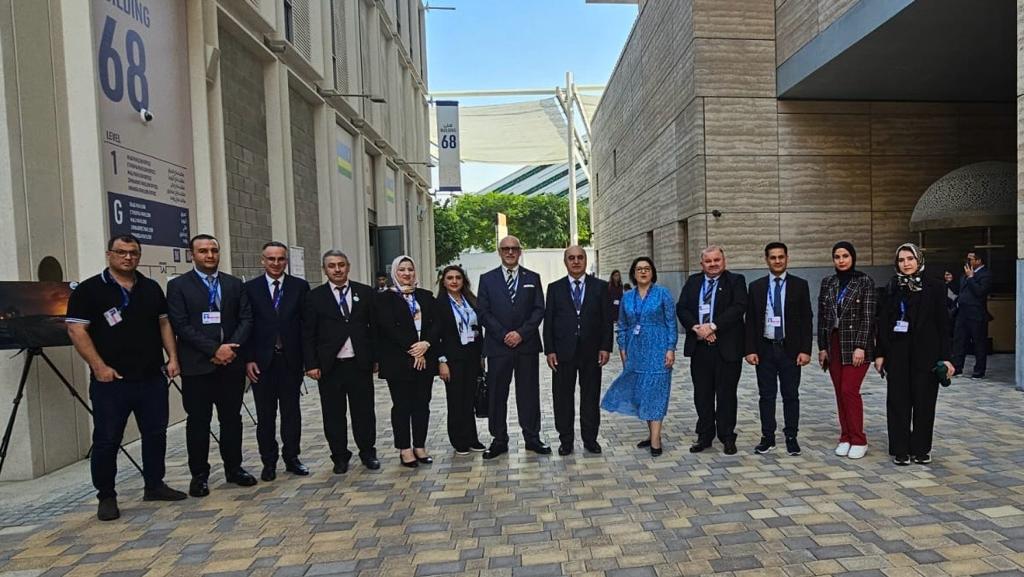
In the name of the Allah
Dear Presidency of Soran University, teachers, colleagues, students and families of the victims.
Sadly, the burning of a building was an unexpected and tragic disaster that caused heartbreaking victims.
We extend our deepest condolences to the families of the victims. We hope that God will heal the injured, forgive the deceased and bless them with His Paradise.
M. Soran Thanoon Yasin Hamra
Dean of Khabat Technical Institute – Erbil
Erbil Polytechnic University

